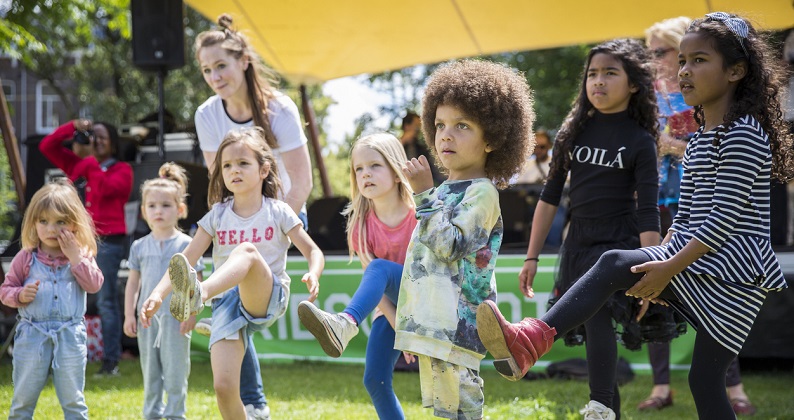Why PARC?
In the US, one in three young people are obese or overweight. Toddlers, children and youth from low-income families and historically underserved populations, including African American, American Indian, Latino-Hispanic, Asian American and Pacific Islander cultures, are at highest risk. These same populations often have limited access to safe places and quality programs for physical activity. Improvements in a neighborhood’s characteristics and in key settings where children spend large amounts of time, such as schools, child-care facilities, and parks, as well as changes to local, state, and federal policies, have potential to reduce sedentary behavior and increase physical activity. Research is needed to determine how best to increase physical activity, reduce rates of obesity, and ensure equity in opportunities for healthy living.
Our Mission
We aim to build the evidence base for policy changes that will help make physical activity an everyday experience for all children.
Our Team
PARC is a collaboration of faculty from six leading universities —UC San Diego, Georgia Institute of Technology, Johns Hopkins University, North Carolina State University, Baylor University, and San Diego State University— with backgrounds in public health, city planning, behavioral science, and parks and recreation. Coordination of PARC is managed by teams based at UC San Diego, Baylor University, and North Carolina State University. Learn more about the PARC team.
Our Activities
We conduct, commission, and disseminate top-quality research to build evidence on policies, practices and built environments that promote safe and developmentally appropriate physical activity for children. PARC has five primary objectives:
- Conduct targeted studies to inform Robert Wood Johnson Foundation’s efforts to ensure healthy weight and healthy levels of physical activity for at-risk youth.
- Commission and manage research to support advocacy efforts by Voices for Healthy Kids.
- Translate completed PARC research into communication products to be used by non-research audiences.
- Engage in field building efforts to help accelerate the application of research into practice.
- Continually update the physical activity research agenda based on new research and input from the field.
Contact Us
Find contact information for the Research Team and Coordinating Center staff.
